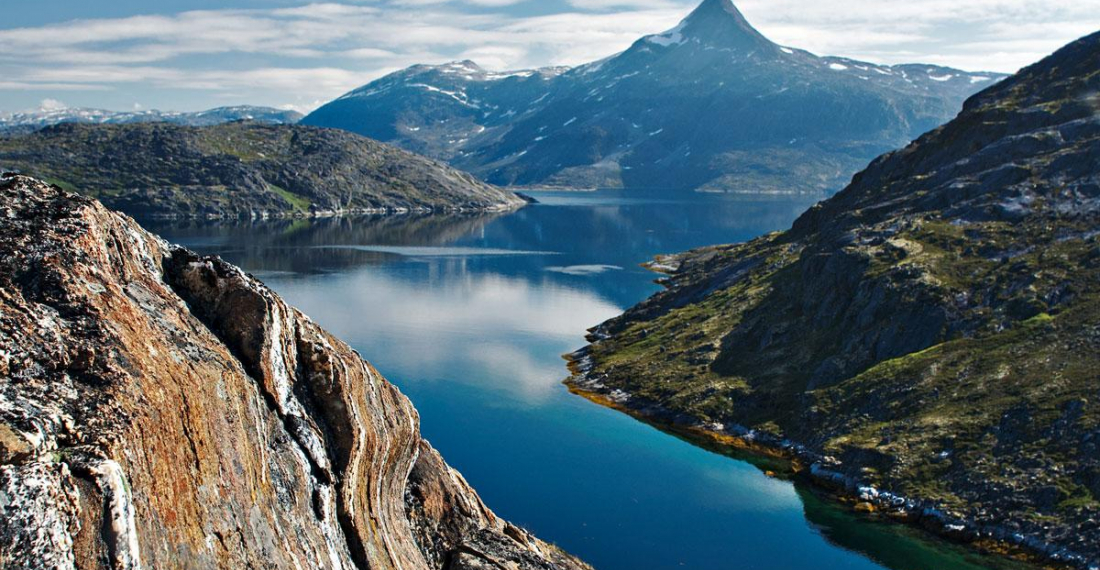The Greenlandic government, Naalakkersuisut, has decided to stop oil and gas exploration on the island for climate reasons. The authorities will no longer issue licenses for exploratory oil and gas drilling in the sizeable unused oil fields under Greenland.
"The price of oil extraction is too high," writes the Ministry of Mineral Resources.
The Ministry is referring to the economic price, but above all to the environmental price. "This step has been taken for the sake of our nature, for the sake of our fisheries, for the sake of our tourism industry, and to focus our business on sustainable potentials.", the Ministry writes.
The decision will probably result in a lot of oil remaining under the seafloor. Greenland has large untouched oil and gas fields. American estimates put the total at 17.5 billion unexplored barrels of oil and 148 trillion cubic feet of gas.
The consequences of climate change for Greenland are significant. Scientists report that the effects are already being felt worldwide, for example that we are experiencing more extreme weather. In Greenland, the ice cap, which covers about 80 per cent of the island and is the second-largest ice mass globally, is melting rapidly.






